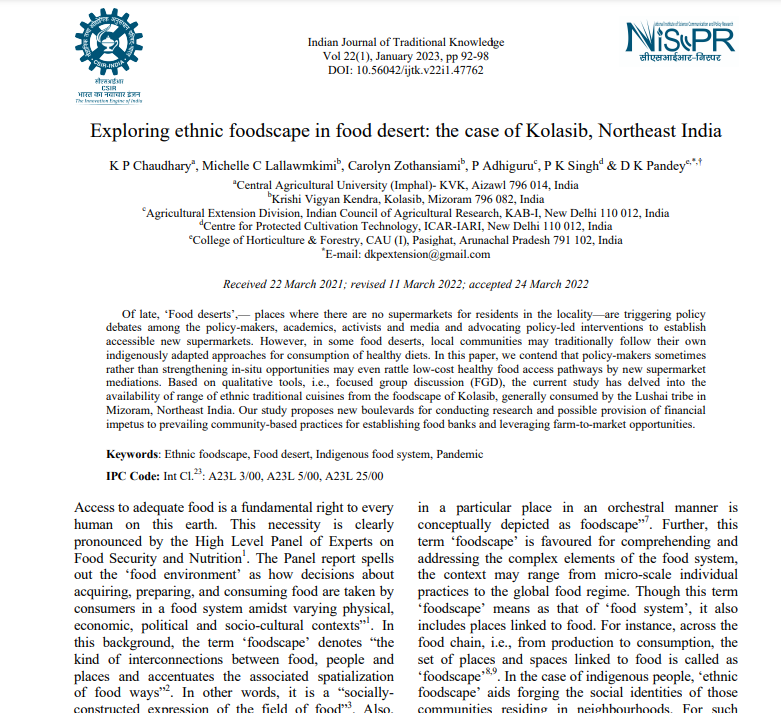The Right to Food and Indigenous Peoples
Publication Year: 2008
Author(s): Food and Agriculture Organization of the United Nations (FAO)
Abstract:
Indigenous peoples have a right to adequate food and a fundamental right to be free from hunger. This is stipulated in Article 11 of the International Covenant on Economic, Social and Cultural Rights (ICESCR) of 1966 and constitutes binding international law. This means states parties to the ICESCR are obliged to implement the right to food domestically, ensuring that it becomes part of their national legal system. The right to food entitles every person to an economic, political, and social environment that will allow them to achieve food security in dignity through their own means. Individuals or groups who do not have the capacity to meet their food needs for reasons beyond their control, such as illness, discrimination, age, unemployment, economic downturn, or natural disaster, are entitled to be provided with food directly. The obligation to ensure a minimum level necessary to be free from hunger is one of immediate effect.
Source of Publication: Food and Agriculture Organization of the United Nations
Publisher/Organisation: United Nations
URL:
https://www.un.org/esa/socdev/unpfii/documents/Right_to_food.pdf
Theme: Indigenous People | Subtheme: Food Systems
Related Documents
Research Papers/Articles

Exploring Ethnic Foodscape in Food Desert: The Case of Kolasib, Northeast India
Published Year: 2023
Abstract:
Of late, „Food deserts‟,— places where there are no supermarkets for residents in... Read More
Research Papers/Articles
Abstract:
The paper explored the Traditional knowledge of rural women on processing of Shotti (Curcuma a... Read More
Research Papers/Articles
Extension of Shelf Life of Brown Rice with Some Traditionally Available Materials
Published Year: 2012
Abstract:
Different traditional materials were tested as for their effect on storability of brown rice.... Read More



